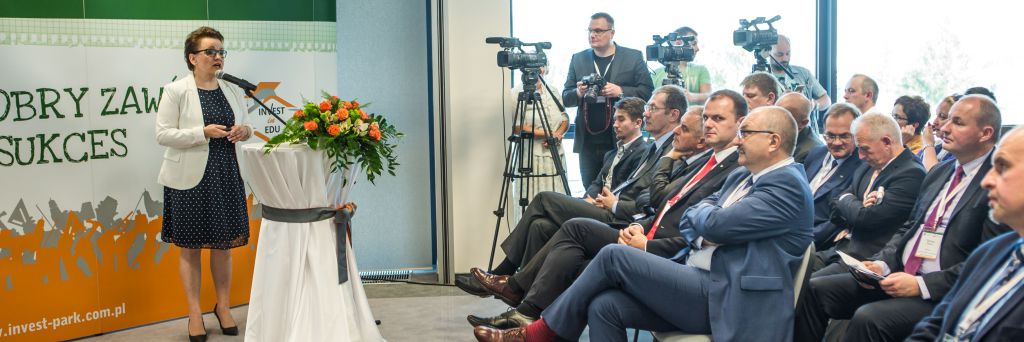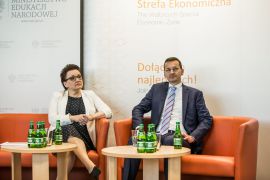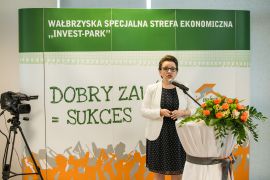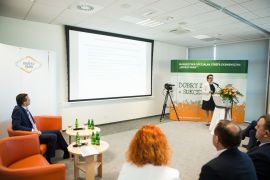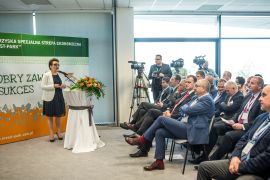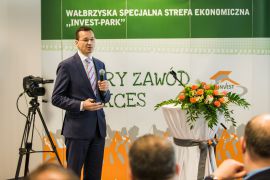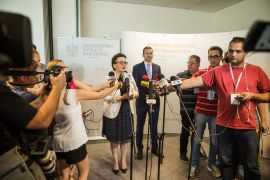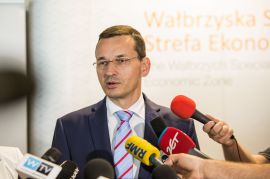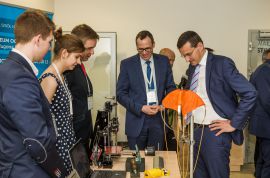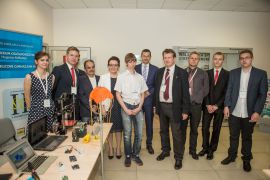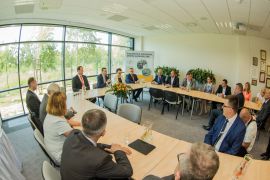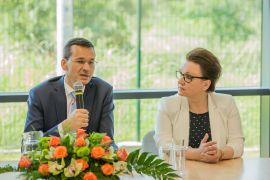Introducing a dual system of education that would involve employers and creating two-stage professional schools to replace the existing vocational schools – these are the main tenets of the education system reform, intended to meet the entrepreneurs’ needs. The reform assumptions were presented by Anna Zalewska, Minister of National Education, and Mateusz Morawiecki, Deputy Prime Minister and Minister of Development, during a conference in the Wałbrzych Special Economic Zone.
The main intention of the ministries is to include entrepreneurs in the process of educating and testing. Close cooperation with them will make it possible to introduce new professions and curricula to better reflect market demands. It is also necessary to involve company employees in teaching students. The changes will result in the establishment of Practical Education Centers in every county, which will coordinate actions, administer exams and issue certificates.
“We would like to create a vocational education fund in order to cumulate funds from the education system and from employers,” Mrs. Zalewska explained. “There will be over PLN 3.5 billion available under the next financial framework. Together with Marshal Offices, we must use this money wisely in order to create a system that will work for the future generations,” she emphasised.
The proposed changes introduce two-stage professional schools. Having completed the first stage, the graduates will either take up jobs or continue their education. Completing the second stage and passing a professional exam will result in achieving secondary vocational education and obtaining a technician’s diploma. The graduates will also be able to sit a final vocational exam (matura) and continue further education in universities.
“We must adapt education to the needs of individual industries,” Mr. Morawiecki emphasised. “Without creating a vocational education system from scratch, it will be impossible to build a strong Polish industry and a modern economy.”
The presentation of the main assumptions of the new system took place in the Wałbrzych Special Economic Zone. Over a year ago, the WSEZ established the “INVEST in EDU” Educational Cluster, which groups schools, universities and entrepreneurs. The cluster links employers with schools that can provide students with the relevant skills. One of the effects of the cluster’s existence has been the creation of two company-sponsored classes, teaching students to become cutting tool operators.
“We encourage entrepreneurs to cooperate with schools and universities,” explains Maciej Badora, President of the Wałbrzych zone. “We are aware that they have difficulty finding skilled workers. Thus having the right skills and education guarantees good employment.”
The heads of the Ministry of National Education and the Ministry of Development also met with representatives of those self-governments where the Wałbrzych zone functions, and with entrepreneurs who have located their investment project within it.
“Poland’s development is our joint effort. We perceive the economy in a coherent way, which leads to sustainable development. We want to attract investments, in particular those that generate the highest added value by creating jobs for engineers and technical school graduates,” Mr. Morawiecki explained.
The Wałbrzych Special Economic Zone is the largest of the fourteen zones functioning in Poland. It has already attracted 190 tenants, whose joint capital expenditure amounts to almost PLN 22 billion. More than 44,600 people are working for the companies operating within the WSEZ.
